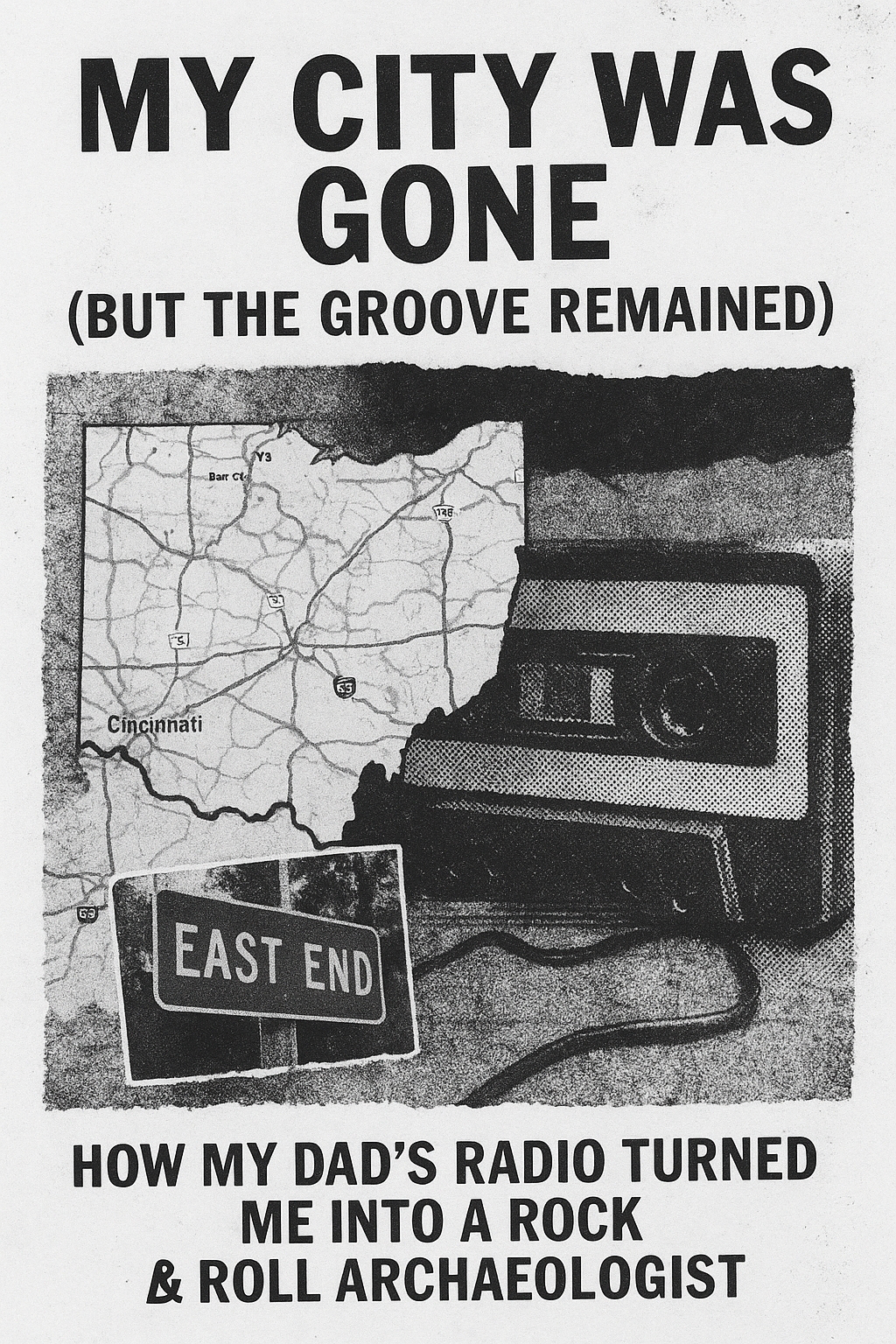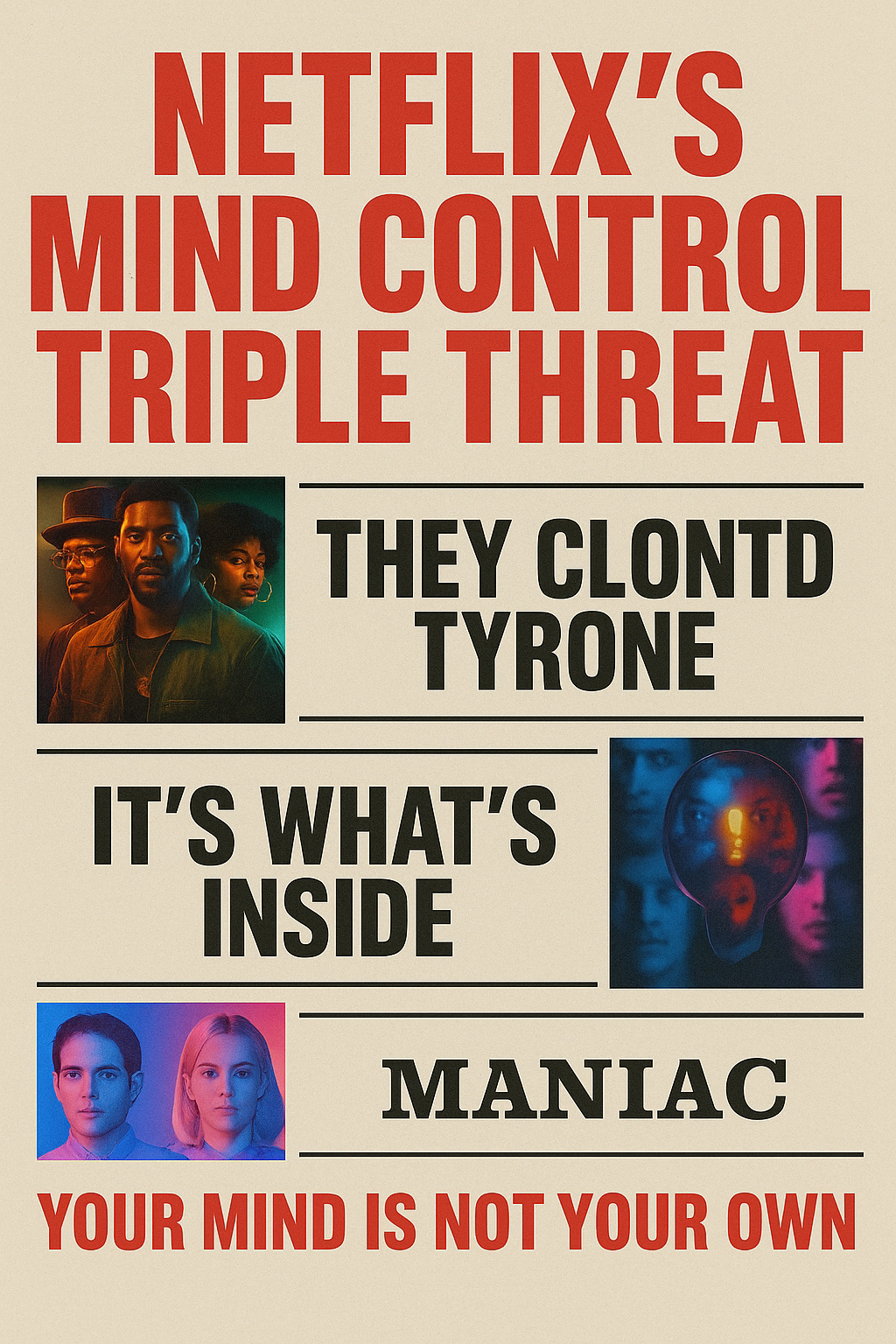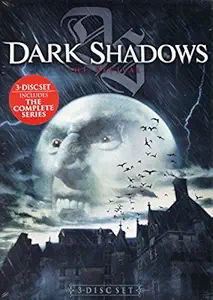I didn’t find rock & roll on a turntable. I found it in the living room of a basement apartment with cinderblock walls, bad lighting, and AM talk radio humming like a mosquito in a jar. My dad—Cincinnati born, East End raised—had a gruff voice, a union soul that got swallowed somewhere between Nixon and reality. By the time I was old enough to listen, he was already tuned in daily to Rush Limbaugh, letting that voice coat the air like cigarette smoke.
But here’s the trick: before the shouting started, there was the groove.
That bassline.
Hypnotic. Repetitive. Perfect.
Doo-doo… doo-doo…
Doo-doo… doo-doo…
It looped like memory. Like loss. Like something you couldn’t shake even if you didn’t know why it hurt yet.
I didn’t know the song was “My City Was Gone” by the Pretenders. Didn’t know Chrissie Hynde was from Akron. Didn’t know she’d written it about returning home and finding a strip mall where her childhood had stood. All I knew was that something in that groove told me the truth, even if the host didn’t.
It wasn’t until years later that I found out that my dad’s old neighborhood—Cincinnati’s East End—was gone too. Torn down after he’d left. Swallowed by progress or neglect or both. No one talked about it. No plaques, no documentaries. Just silence. Like it never mattered.
But the groove remembered.
Every time that bassline played under the bluster, the ghost of East End danced. My dad never noticed. Maybe he couldn’t afford to. But I did. I inhaled it like damp air and static. Like inheritance.
I became a rock & roll archaeologist. Digging in grooves. Peeling back frequencies. Listening for the what-was buried beneath the what-is. Finding emotion in repetition. History in heartbreak.
And when I finally heard the full song—with lyrics—I cried.
Because it was all there.
Because the music had told me long before the words did.
Some kids inherit heirlooms.
Some kids inherit silence.
I inherited a bassline.




